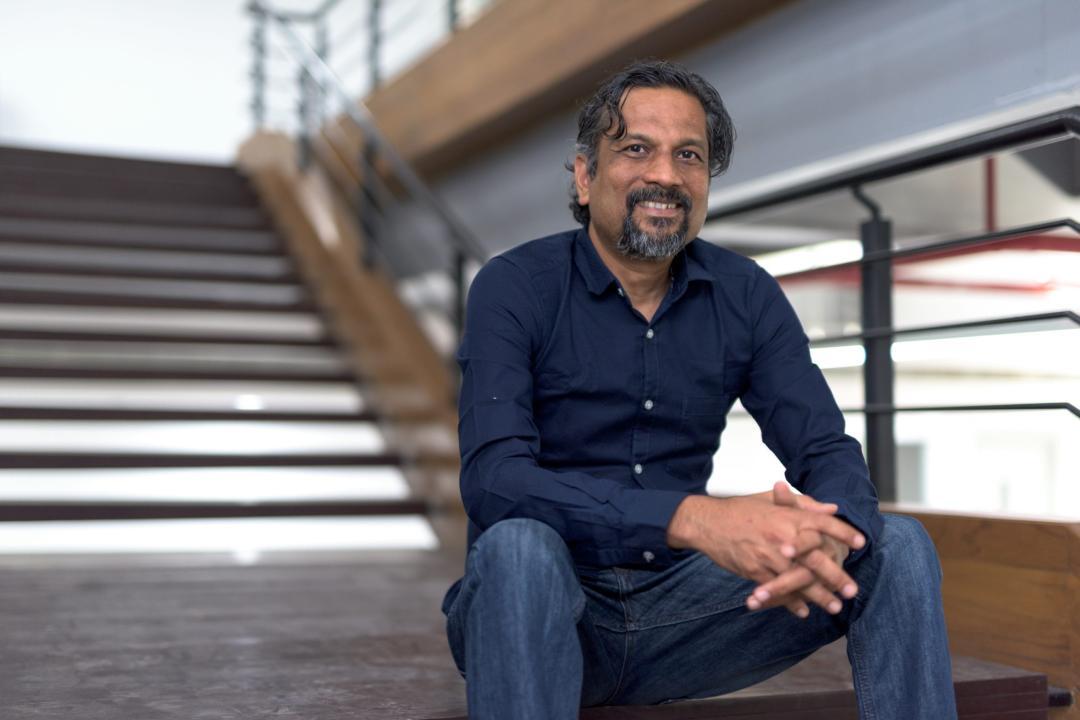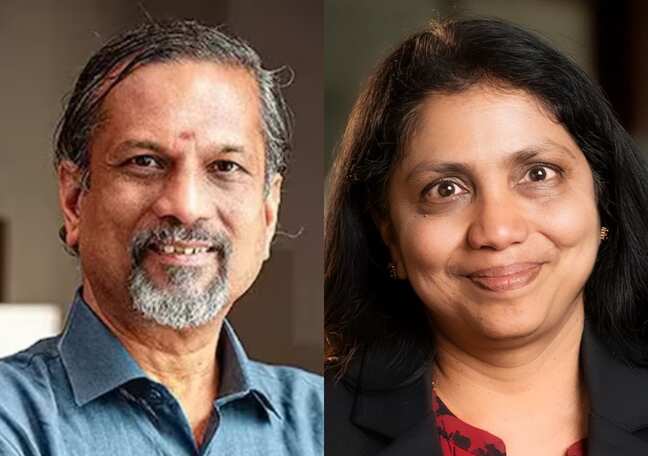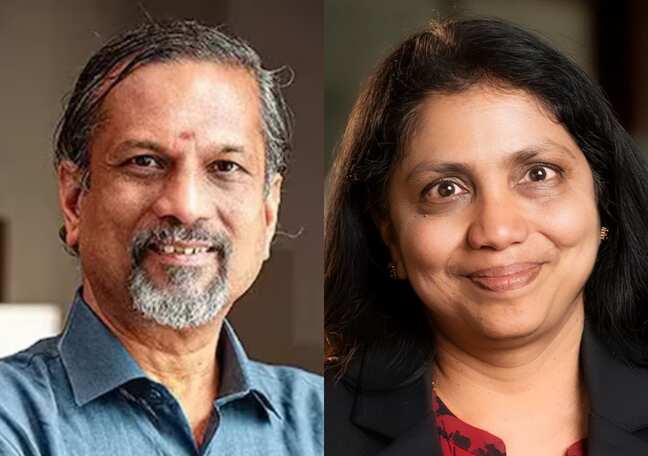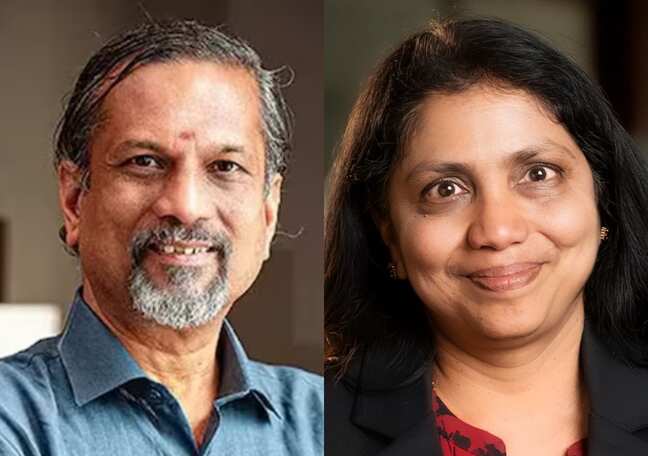
I advise entrepreneurs to marry and have kids in their 20s: Vembu
In a recent statement, Zoho Co-founder Sridhar Vembu has sparked a conversation that has left many entrepreneurs and young professionals pondering about their life choices. Vembu, who has been a prominent figure in the Indian startup ecosystem, has advised young entrepreneurs, both men and women, to marry and have children in their 20s instead of postponing it. According to him, this is not just a personal choice but also a “demographic duty” to society and their own ancestors.
Vembu’s statement has been met with a mix of reactions, with some people appreciating his straightforward approach and others criticizing him for being old-fashioned. However, Vembu remains unperturbed and is convinced that his ideas will resonate with the younger generation. “I tell them they’ve to do their demographic duty to society…and their own ancestors,” he stated. “I know these notions may sound quaint or old-fashioned, but I’m sure these ideas will resonate again.”
The concept of “demographic duty” is an interesting one, and it raises several questions about the responsibility of individuals towards their society and community. In a world where entrepreneurship and career advancement are often prioritized over personal life, Vembu’s statement serves as a reminder that there is more to life than just professional success.
One of the primary concerns that Vembu raises is the declining birth rate in many countries, including India. As people delay marriage and parenthood, the population growth rate is slowing down, which can have significant implications for the economy and society as a whole. By advising entrepreneurs to marry and have kids in their 20s, Vembu is emphasizing the importance of contributing to the demographic growth of the country.
Another aspect of Vembu’s statement is the emphasis on personal and family values. In a world where individualism and self-reliance are highly valued, the idea of prioritizing family and community can seem outdated. However, Vembu’s statement highlights the importance of building strong family relationships and creating a sense of belonging and responsibility.
For entrepreneurs, in particular, Vembu’s advice can be seen as a way to achieve a better work-life balance. Starting a family in their 20s can help entrepreneurs develop a sense of stability and security, which can, in turn, help them focus on their professional goals. Moreover, having a family can also provide entrepreneurs with a sense of purpose and motivation, which can be essential for navigating the challenges of building a successful business.
However, it is also important to acknowledge that Vembu’s advice may not be suitable or practical for everyone. Many entrepreneurs, especially women, may face significant challenges in balancing their professional and personal life. The pressure to succeed in their careers, combined with the responsibilities of raising a family, can be overwhelming. Additionally, the financial burdens of starting a family can be significant, and many entrepreneurs may not be in a position to take on these responsibilities in their 20s.
Despite these challenges, Vembu’s statement has sparked an important conversation about the role of entrepreneurs in society. As leaders and innovators, entrepreneurs have a unique responsibility to contribute to the growth and development of their communities. By prioritizing family and community values, entrepreneurs can help create a more balanced and sustainable society.
In conclusion, Vembu’s advice to entrepreneurs to marry and have kids in their 20s is a thought-provoking statement that highlights the importance of personal and family values. While it may not be practical or suitable for everyone, his statement serves as a reminder that there is more to life than just professional success. As entrepreneurs and young professionals, it is essential to consider our responsibilities towards our society and community and to prioritize building strong family relationships and contributing to the demographic growth of our country.






